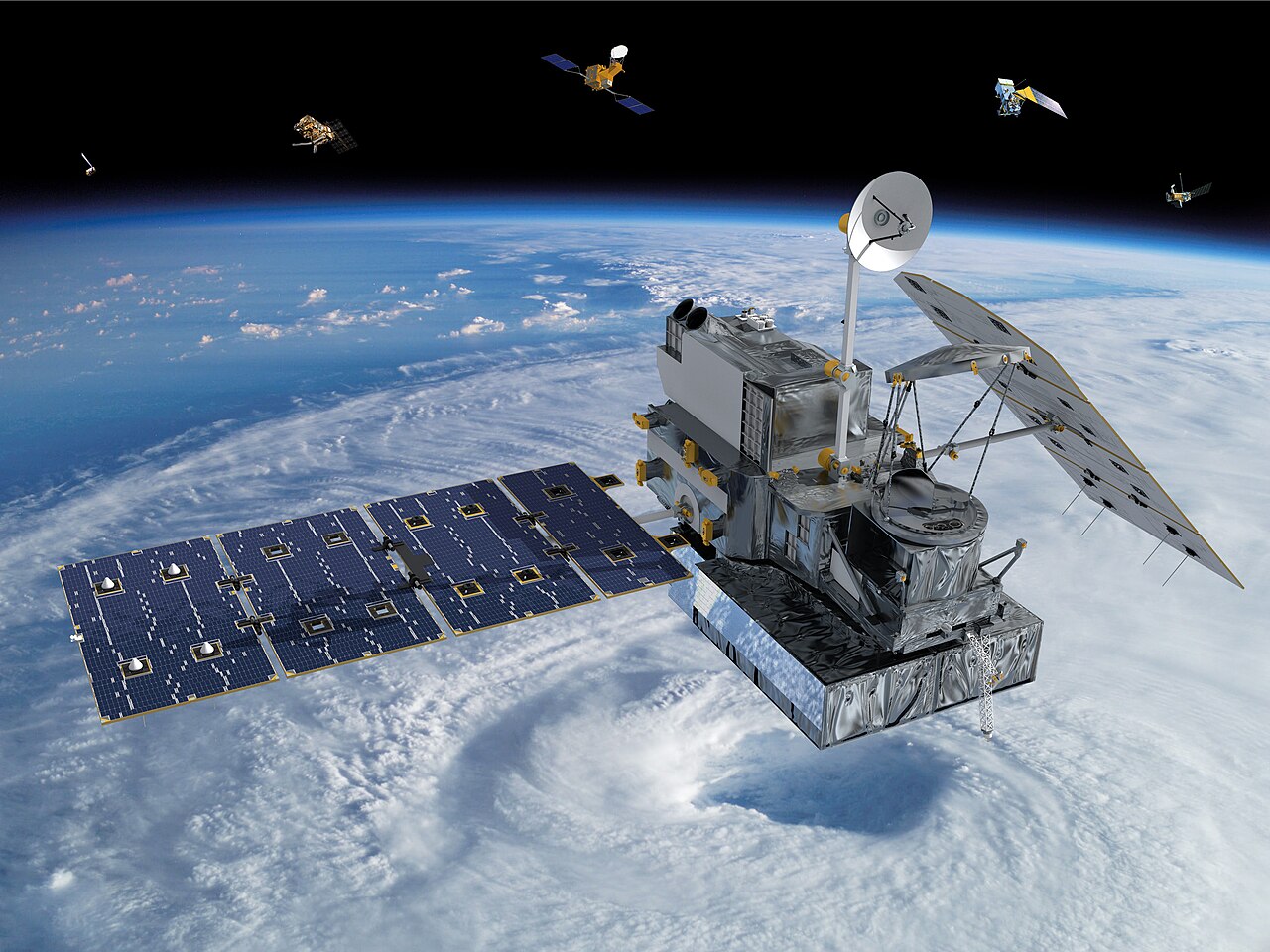Madari Space, an Abu Dhabi-based firm, has revealed plans to build data centers in space, specifically low earth orbit (LEO) to address the ever increasing demand for digital infrastructure. In an interview to Bloomberg, Shareef Al Romaithi, CEO of Madari Space, said that the Emirati company was considering the idea in order to “address the exponential growth of data that is being generated both, on earth, as well as in space.”
Romaithi pointed out that a lot of data was being generated in space by earth observation satellites. “This data is all raw, unprocessed and needs to be downstreamed to terrestrial data centers,” he said, adding, “By placing data centers in space, we have the ability to store and process this data in space, enabling the data owners to make informed decisions in real time.”
Madari Space is aiming to draw the interest of clients like satellite and sundry space technology operators, as well as governments and big corporations with large data sets, who would like to store their data in space in a secure and sustainable manner.
Moreover, in a way, building data centers in space could also be considered more energy efficient, as temperatures in space are very low, and a low ambient temperature helps reduce the burden of heat management. Therefore, a space based data center would consume less power for cooling down.
“We are working very closely with the Mohammed Bin Rashid Space Center, and the UN Office for Outer Space Affairs, for our first mission which is planned for Q3 of 2026,” Romaithi told Bloomberg when asked about the launch timeline of the company’s actual project which was still in the R&D phase.
This is yet another example of the UAE’s ambitions pertaining to digital transformation and technological advancement. Recently, it became only the second country to be home to its own Stargate project where global tech giants have announced their partnership to build Stargate UAE – a 1GW compute cluster, will be built by G42 and operated by OpenAI and Oracle. The collaboration will also include Cisco, offering its zero-trust security and AI-ready connectivity, and SoftBank Group, as well as NVIDIA which will supply the latest NVIDIA Grace Blackwell GB300 systems.
And then there is the 5GW UAE-US AI Campus, which will be built by G42 and operated in partnership with several US companies. The endeavour builds on a new framework by the two countries’ governments – the US-UAE AI Acceleration Partnership – to deepen cooperation and collaboration on AI and advanced technologies. The UAE and US will work together to regulate access to the compute resources, which are reserved for US hyperscalers and approved cloud service providers.



